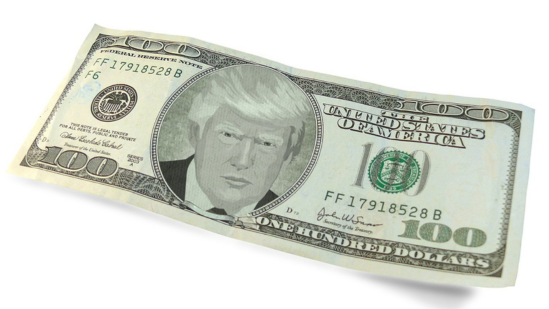State Street: US tariffs not necessary inflationary, recession more likely

The assumption that the imposition of US tariffs will be inflationary is a keystone of many so-called Trump trades, from short Treasuries to overweight USD. But it should not be taken as a given, according to Michael Metcalfe, Head of Macro Strategy at State Street Global Markets.
Academic research casts considerable doubt on how much inflation tariffs on their own may generate, Metcalfe states. A recession rather than inflation may be more likely. This time could, of course, be different. The broader economic environment in 2025 creates potentially more vulnerability to inflation than during the first wave of tariffs in 2018/19, a tendency that could be exacerbated by easier fiscal policy and changes to immigration.
In his latest piece, Metcalfe explains how new aggregate measures should help to capture whether 2025’s tariffs will prove as benign in their impact on price pressures. Tracking sectors with both high import components an high local distribution margins (e.g. apparel, furniture and other manufactured goods). This will be combined with a range of official, alternative, and market data: the trade services component of the PPI, job postings from Indeed in industries or states where there are the greatest risks to labour supply from changing immigration policy, and the role of investors’, consumers’ and economists’ expectations.
'Together, these new aggregate measures should enable us to capture whether 2025’s tariffs will prove as benign in their impact on price pressures. They may well have changed, but the Fed’s own models suggested a recession was the more likely outcome of a universal tariff, rather than any lasting impact on inflation,' Metcalfe concludes.










